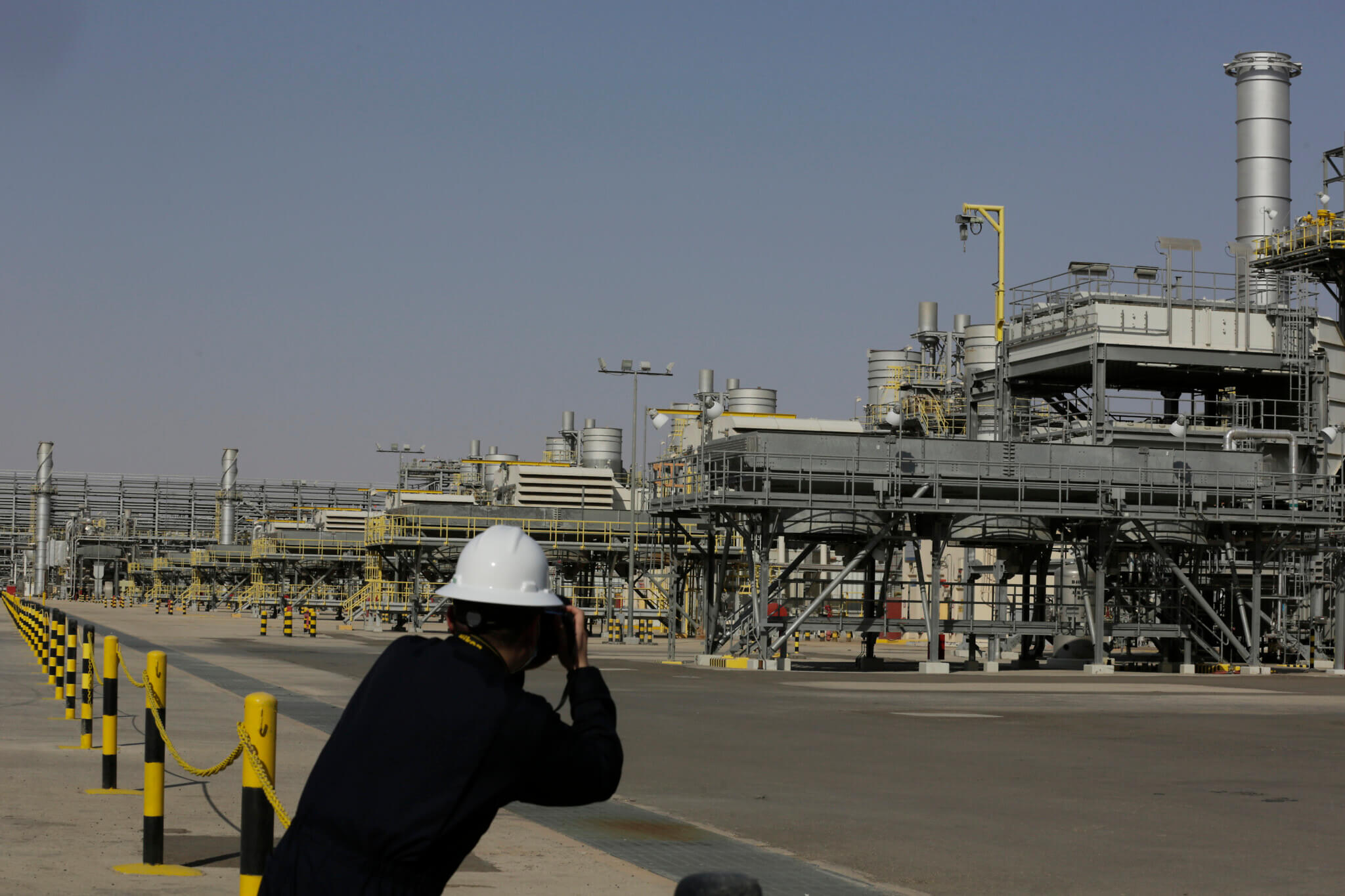Saudi Arabia Oil Supply Slashes, Potentially Raising Gas Prices for US Drivers
Saudi Arabia has announced a unilateral decision to cut its oil supply to the global market, aiming to stabilize crude oil prices. This Saudi Arabia oil supply move comes after previous production cuts by the OPEC+ alliance failed to have the desired effect.
Starting in July, Saudi Arabia plans to reduce its daily oil output by 1 million barrels, with the possibility of extending the cut.
While this decision may initially increase oil prices, the long-term impact depends on Saudi Arabia’s course of action.
Jorge Leon, a senior vice president of oil markets research at Rystad Energy, believes that the Saudi cut establishes a price floor, as the country can adjust the voluntary reduction as needed.
However, the slump in oil prices has provided relief to consumers worldwide, including U.S. drivers who have benefited from cheaper fuel prices.
Despite the short-term effects, gas prices may marginally increase if the reduction in oil supply continues.
The necessity for another production cut by Saudi Arabia highlights the uncertainty surrounding future fuel demand.
Concerns persist about economic weakness in the United States and Europe, while China’s recovery from COVID-19 restrictions has been less robust than expected.
As a dominant producer in the OPEC oil cartel, Saudi Arabia was among the members that agreed to an unexpected 1.6 million barrels per day cut in April.
However, previous cuts have not had a sustained impact on oil prices, with Brent crude hovering below $75 per barrel in recent days.
The Impact of Saudi Arabia’s Oil Supply Reduction on Global Markets

While the reduction in Saudi Arabia oil supply ambitious development projects, including the Neom desert city project, it also considers the impact of higher oil prices on oil-consuming countries.
Excessive oil prices can lead to inflation, impacting consumer purchasing power and potentially prompting central banks, such as the U.S. Federal Reserve, to implement interest rate hikes that could slow economic growth.
Additionally, higher crude prices have implications for Russia, the world’s third-largest oil producer, which is currently engaged in a conflict with Ukraine.
Although Western sanctions have limited Russia’s energy income, the country has found alternative oil customers in India, China, and Turkey.
However, if oil prices exceed the $60-per-barrel cap imposed by the Group of Seven (G7) major democracies, it may complicate trade for Russia.
Despite efforts to evade the price cap through techniques like “dark fleet” tankers, these methods come with additional costs.
In conclusion, decision to slash Saudi Arabia oil supply has the potential to increase gas prices for U.S. drivers.
The impact on global oil prices depends on the duration of the reduction, while various economic factors and geopolitical tensions further complicate the outlook for oil markets.





